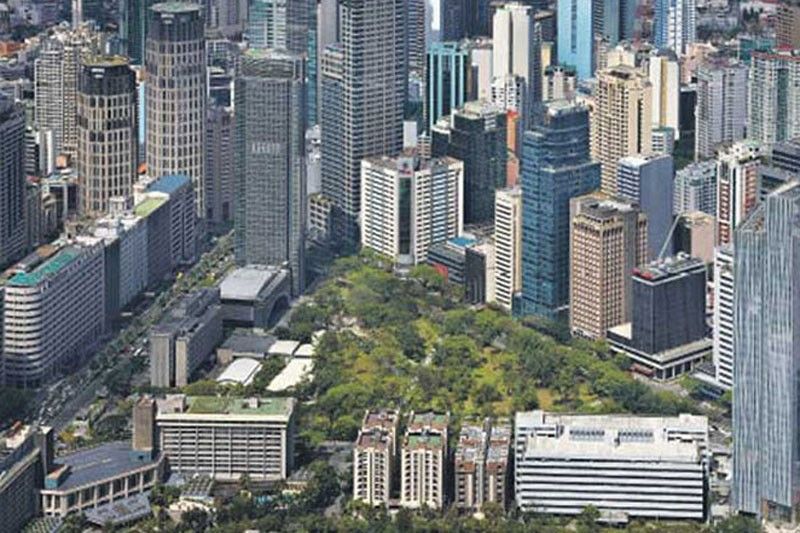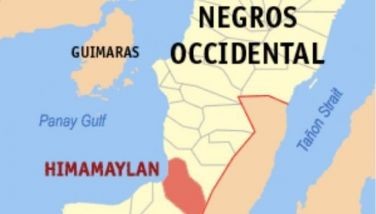DoubleDragon plans to list 4 subsidiaries under REIT

MANILA, Philippines — Double Dragon Properties Corp., the listed property giant, plans to list all its four major subsidiaries under the REIT landscape.
REIT or Real Estate Investment Trust is a specialized company that earns income through its real estate properties. The income trickles down to shareholders in the form of dividends.
The Philippine Stock Exchange and the Securities and Exchange Commission (SEC) are now laying the groundwork for new and more investor-friendly rules that would finally pave the way for REIT listings in the stock market.
“We aim for products like the REIT to be launched soon,” said PSE chairman Jose Pardo.
With this, DoubleDragon chairman Edgar “Injap” Sia said the company is considering listing its four major subsidiaries as REIT.
“In DoubleDragon’s case, all our four major subsidiaries focused on provincial retail leasing, office leasing, hotels and industrial warehouses are good candidates for REIT listing as they are all real estate assets that generate recurring income,” Sia said in an interview.
He said DoubleDragon’s four subsidiaries could do REIT listing separately because investors normally have a specific sub-industry within the property sector that they prefer to invest in.
DoubleDragon’s subsidiaries are CityMalls Commercial Centers Inc. for provincial retail leasing; DD Meridian Park Development Corp for office leasing; Hotel of Asia Inc. for hotels; and Central Hub for industrial leasing.
Sia said there are many benefits of a REIT listing.
“In our opinion, the benefit of REIT listing is first-to be able to recycle capital to further grow the leasable portfolio,” Sia said.
He said it is also a good way to unlock the market value of the company’s revenue generating real estate assets.
“Generally the REIT investors would let’s say, expect a six percent yield, and if your asset basket yields 18 percent, then the company will be able to create value that is triple its actual cost to build. That will translate to about P100,000 to P150,000 per square meter, and if the company has accumulated one million total square meters of leasable space, then that should translate to over P100 billion in asset valuation, and should also enable the company to generate new capital to further grow its leasable spaces to rent out to its various tenants,” Sia explained.
The REIT Act was passed in 2009, but no company finds the landscape attractive enough to list in the market. Property players cited friction costs such as minimum public ownership requirements and taxes.
However, the SEC has already agreed to cut REITs’ minimum public ownership (MPO) to 33 percent and the Bureau of Internal Revenue (BIR) has clarified that initial transfers of property to REITs are exempt from value added tax as provided by Republic Act No. 10963 or the Tax Reform for Acceleration and Inclusion (TRAIN) Act.
Thus, corporate regulators will amend the existing IRR of the REIT Act of 2009.
“We are glad that it looks like the REIT platform is expected to be ready this year, a good timing for DoubleDragon as this year 2019 we expect to already have 800,000 square meters or 80 hectares of completed leasable space portfolio,” Sia said.
He said that once the revised REIT rules are out, DoubleDragon should be ready to consider REIT listing for its subsidiaries if it would result in further strengthening DoubleDragon’s overall position.
“In our perspective, another key factor to increase the desirability of the REIT basket is if it is a dominant player in that specific sub-industry, and we believe by then our homegrown brands and relevant projects such as CityMall, DD Meridian Park, Ascott-DDMP, Jinjiang Inn Phils, Dragon8 Mall Divisoria, CentralHub, and Hotel 101, would have deep market traction already,” he said.
- Latest
- Trending





























